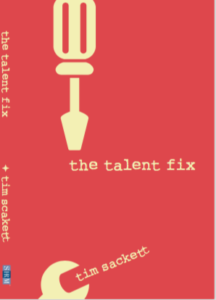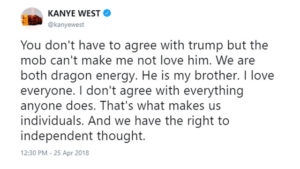When you make a candidate an offer, how long do you give them to tell you they want the job or not? 24 hours? 3 days? 1 week? Immediately?
For two decades I’ve been in the camp of a candidate should be able to tell you ‘yes’ or ‘no’ immediately, or you (the recruiter and hiring manager) did something wrong in closing! But, I think I’ve changed my stance on this, if “fit” is really important for the position, your culture, etc.
Here’s the deal, if job and/or company fit is really important to your organization. The candidate should take as long as they need to, to make sure that your organization is the one for them. That might mean they need to finish up other interviews, do more research, go through counter-offers, etc.
So, if that takes two or three weeks, so be it. The fit is critical for you and you actually want the candidate to take their time with this decision.
I feel so strongly about this, I think you should actually make candidates wait 72 hours after you offer them the job, to give you an answer! Yes! You won’t accept an acceptance from them until they’ve taken 72 hours to really think about the job, the new boss, the organization, everything!
Why wait 72 hours if they already know!?
A ‘cooling down’ period will give them some time to get through the infatuation period of getting the offer! It will give them some time to really think about your job, their current job, other jobs they might be considering. This time is important because too often, too many people get that offer and at that moment everything feels so awesome!
After a couple of days they come down from the high of being desired by you and start to think clearly, and all of sudden you’re not as pretty as you looked two days ago, or you’re even more pretty by playing hard to get.
But what if a candidate gets cold feet by this technique?
That’s a real concern especially with historic unemployment in many markets and fields. If you force a candidate to wait 72 hours there is a good chance someone else might come in an offer them a job!
Yep! That actually would be awesome if that happened, because then you would really know! Do they love you, or did they just fall in love with someone else!? Remember, this isn’t for every organization. This is only for organizations where fit is critical to your organizational culture.
If a candidate gets cold feet by another offer or by waiting 3 days, they don’t really believe your organization is the one for them. They don’t believe what you have is their dream job or organization. Also, if you get cold feet by having them wait, you don’t really believe fit is important!
So, how long should it take a candidate to decide if your job offer is right for them?
There is not one right answer. Each of us has our own internal clock to make those decisions. If you force a candidate to decide immediately upon offer, that speaks to your culture. If you let candidates decide on their timeline, that also speaks to your culture.
In a perfect world, I still believe if the process works as designed, and everyone pre-closed like they should, both you and a candidate should be able to make a decision when the offer is placed on the table. But, honestly, how often does our process work perfectly?
Hit me in the comments with what you believe is the proper amount of time you should give a candidate to decide whether or not they’ll accept your job offer?



